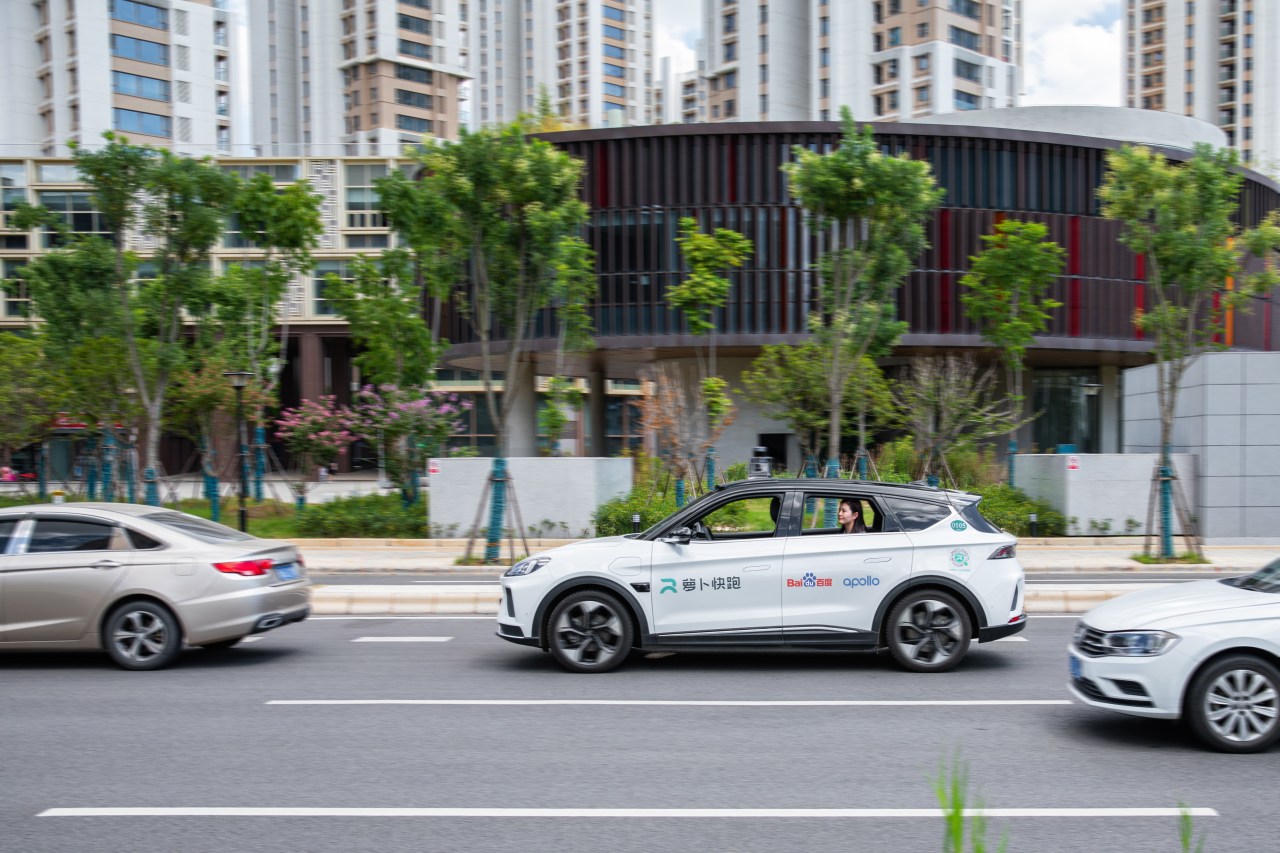The future of transportation is arriving faster than we think, and it’s fully driverless. In a groundbreaking move, Baidu, a major player in China’s tech landscape, is about to launch its completely autonomous robotaxi service in two Chinese cities: Wuhan and Chongqing. With regulatory approval now secured, Baidu’s ambitious vision to transform urban mobility can be realized, heralding a new era in the landscape of autonomous driving.
Driving into the Future: A Pioneering Move
With permits now in hand, Baidu’s Apollo Go unit is poised to operate a fleet of fully driverless robotaxis in designated areas of both cities. This initiative is not just about enjoying a ride without a human driver; it marks a significant milestone in the push towards fully autonomous services in China, a sector that has been eagerly developing logistics and passenger transportation. According to Baidu’s Vice President Wei Dong, this achievement is a “tremendous qualitative change” that demonstrates the industry’s readiness for large-scale deployment of such technologies.
The Advantages of Designated Operating Zones
Wuhan and Chongqing, while bustling cities, are uniquely positioned to ease the introduction of robotaxis. Both areas feature spacious, newly developed roads less congested with traffic, which are conducive to the operation of autonomous vehicles.
- Wuhan: The service area spans 13 square kilometers and operates within the Economic and Technological Development Zone, also known as China’s “Auto City.”
- Chongqing: The Yongchuan District service area will encompass 30 square kilometers, providing an ample space for robotaxi operations.
These zones are particularly beneficial as they have been previously employed for pilot testing, with Chongqing already accumulating over 1 million kilometers of test driving with its fleet of 30 robotaxis.
Advanced Infrastructure: The Role of V2X Technology
The integration of 5G-powered Vehicle-to-Everything (V2X) infrastructure plays a crucial role in Baidu’s operations by enhancing communication between vehicles and surrounding entities. This not only empowers the robotaxis with real-time information about their environment, improving safety and efficiency but also allows operators to monitor and remotely pilot vehicles if needed. V2X technology complements the robotaxi’s onboard sensors—lidar, radar, and cameras—resulting in an adaptive and responsive system.
Innovation on Wheels: The Apollo RT6
Baidu is not resting on its laurels. The recent unveiling of the sixth-generation Apollo RT6 electric robotaxi illustrates Baidu’s commitment to innovation. This vehicle combines features from both SUVs and minivans and includes a detachable steering wheel, highlighting the shift towards a more flexible vehicle design. With production costs reduced to $37,000 per unit through in-house development, Baidu is preparing for small-scale testing by next year, with larger deployments anticipated in 2024.
A Vision for Growth: Scaling Nation-Wide
Baidu’s ambitions extend beyond the immediate launch in Wuhan and Chongqing. The company currently operates in multiple major cities and aims to expand its ride-hailing services to 65 cities by 2025, ultimately reaching 100 cities by 2030. By the end of this year, Baidu expects to add 300 new Apollo fifth-generation robotaxis to its growing fleet, underscoring the speed at which this technology is being implemented.
Conclusion: Steering Towards Tomorrow
Baidu’s fully driverless robotaxi service represents a pivotal moment in urban transportation, setting a precedent for autonomous driving initiatives around the world. With the support of government regulations, advanced V2X technology, and a commitment to innovation, Baidu is not just participating in the future of mobility; it’s shaping it.
As we stand on the brink of this revolutionary era, it’s clear that Baidu is not just leading the charge but is committed to expanding its services to bring the convenience and efficiency of autonomous vehicles to more urban environments.
At fxis.ai, we believe that such advancements are crucial for the future of AI, as they enable more comprehensive and effective solutions. Our team is continually exploring new methodologies to push the envelope in artificial intelligence, ensuring that our clients benefit from the latest technological innovations. For more insights, updates, or to collaborate on AI development projects, stay connected with fxis.ai.

